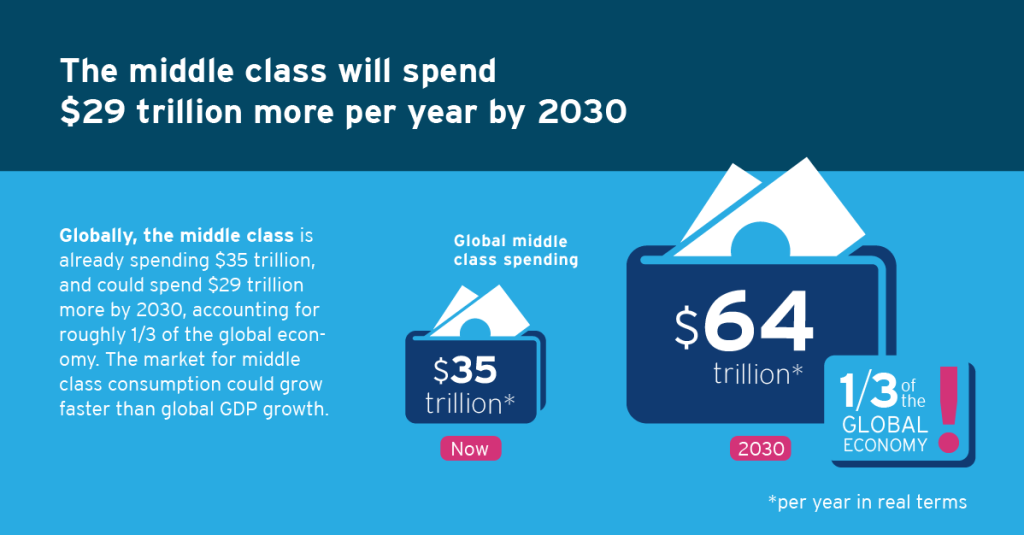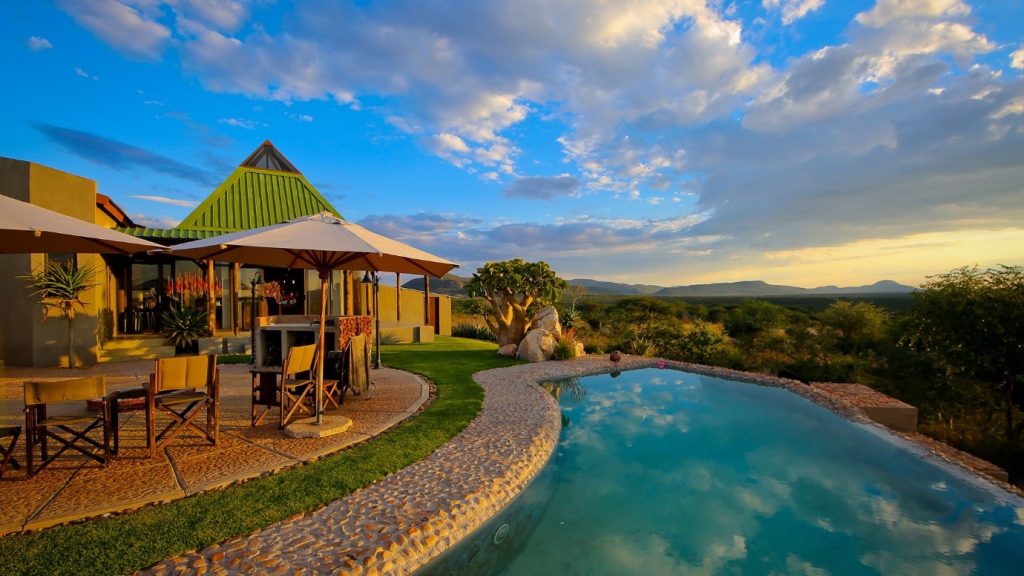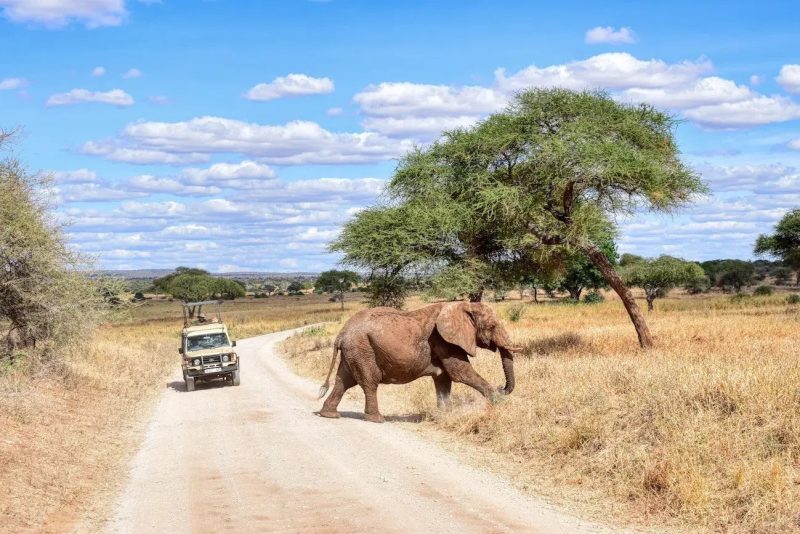Last Updated on: 29th April 2024, 05:23 pm
The safari holiday industry has witnessed a remarkable surge in popularity over the last decade, transforming from a niche segment of the wider tourism sector into a formidable force rivalling mainstream travel. According to research conducted by Grand Review, the global safari tourism market size was valued at a staggering USD 34.62 billion in 2023 and is expected to grow at a compound annual growth rate (CAGR) of 5.2% from 2024 to 2030. This impressive growth trajectory has prompted an influx of companies, particularly in the Western world, to enter the lucrative safari holiday market.
But what has fuelled this significant growth, and can it be sustained? As we delve into the reasons behind this surge, we uncover a conflated picture of evolving consumer preferences, economic shifts, and innovative marketing strategies that have propelled the safari sector to new heights. Let’s get in to it.
Growing Consumer Inclination Toward Sustainable Tourism
One of the driving forces behind the surge in safari holiday popularity is the growing consumer inclination toward sustainable tourism. This trend is particularly pronounced among millennial and Gen Z travellers, who are increasingly conscious of their environmental footprint and seek travel experiences that align with their values. Safari holidays offer a unique opportunity to immerse oneself in pristine natural environments while supporting conservation efforts and local communities. By choosing eco-friendly safari operators, travellers can contribute to the preservation of fragile ecosystems and the protection of endangered species, making their vacations both memorable and socially responsible.
Growth in Middle and Upper-Middle-Class Expenditure
Despite recent economic uncertainty, particularly in the Western world, the global population is becoming increasingly affluent. Recent research even suggests that 50% of the world’s population is now considered middle class – a demographic that is also the highest-spending group. This rise in disposable income has fuelled a growing appetite for experiential travel, with safari holidays offering a unique and immersive adventure that appeals to those seeking to explore the world’s natural wonders.

Growth of Social Media Marketing of Safari Holidays
The rise of social media has transformed the marketing landscape for safari holidays. Platforms like Instagram and Facebook serve as ideal showcases for the stunning visuals and once-in-a-lifetime experiences that safaris offer. Influencers play a pivotal role, sharing their journeys and inspiring their followers to explore similar adventures. The aspirational content, particularly video content, created around safari holidays feeds into the desire for extraordinary travel experiences, making safaris more desirable to a broad audience. Additionally, social media allows for targeted advertising, enabling companies to reach potential travellers based on their interests and past travel patterns, thus effectively converting interest into bookings.
Emergence of Global Companies & Emerging Players
The growth of the safari holiday industry has also been fuelled by the emergence of global companies and nimble emerging players. On one hand, large global players with extensive distribution networks worldwide have enabled them to reach a wide customer base and expand into emerging markets. TUI Group, for example, with its vast distribution channels, airlines, and accommodation properties, has leveraged its scale to offer safari holidays as part of its diverse travel portfolio.
Simultaneously, emerging players are carving out niche markets by focusing on product innovation and offering bespoke experiences. For example, newer entrants like SecretNamibia, a luxury safari operator specialising in Namibia safaris, have the ability to be agile and can quickly align with changing consumer trends. Their model also permits them to be flexible so they can offer personalised experiences tailored to the preferences of discerning travellers, particularly those seeking luxury escapes.

Growing Trend Towards More Unique & Adventurous Vacations
In an era where travel has become increasingly accessible, travellers are seeking out more unique and adventurous vacations that offer a departure from the ordinary. Safari tours provide an unparalleled opportunity to immerse oneself in the raw beauty of nature, encounter iconic wildlife in their natural habitats, and experience the thrill of adventure. This desire for authentic and transformative experiences has driven the demand for safari holidays, as they offer a rare chance to disconnect from the modern world and reconnect with the primal rhythms of the wilderness.
Growing Preference Towards Group Getaways
The safari holiday industry has also benefited from the growing preference for group, family, and couples getaways. According to the Centre for the Promotion of Imports from Developing Countries (CBI), part of the Ministry of Foreign Affairs of the Netherlands, in 2021, 37% of millennials in Europe preferred to travel with friends. Safari holidays provide an ideal setting for shared experiences, creating lasting memories and strengthening bonds among loved ones. Whether it’s a multi-generational family adventure, a romantic couples retreat, or a group of friends seeking an unforgettable journey, safari holidays cater to this desire for shared exploration and camaraderie. This social aspect of safari travel not only enhances the experience but also diffuses the cost, making high-end safaris more accessible.
Increase in the Quality of the Offering
The perception of safari holidays has undergone a significant transformation, shedding outdated images of tents and roughing it in the wilderness. Leading safari destinations, particularly in Africa, have witnessed substantial investment in top-quality lodges and accommodations, elevating the safari experience to new levels of luxury and comfort. This investment has enabled operators to market safaris as a luxurious and indulgent experience, appealing to a broader range of travellers seeking both adventure and opulence.








